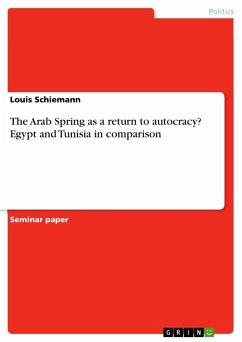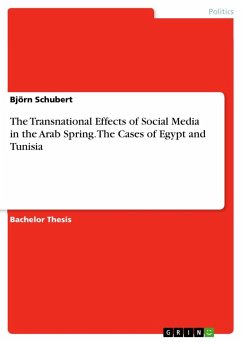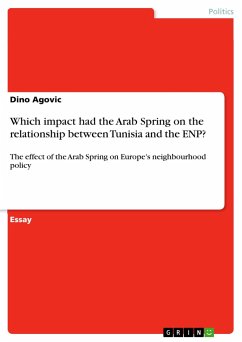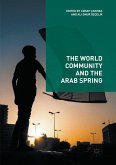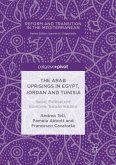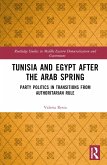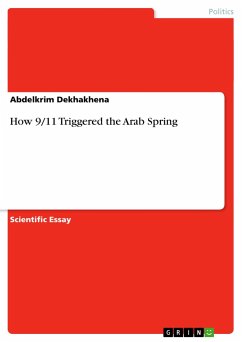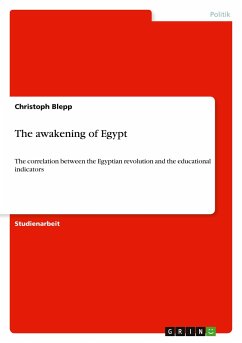Seminar paper from the year 2014 in the subject Politics - Political systems in general and in comparison, grade: 1,7, University of Hannover (Institut für Politische Wissenschaft), course: Systemtransformation, language: English, abstract: Since the end of 2010, the Arab world has been undergoing political and social upheaval. The outbreak of the revolution in Tunisia began with the "Jasmin Revolution", in which thousands of people demonstrated against the authoritarian and corrupt system under President Ben Ali. Shortly after the fall of the president in Tunisia, protests also began in Egypt. They were directed against the Mubarak regime, which has ruled for decades, and the corrupt police apparatus. Although the protests were partly aimed at democratic values, after the first elections in both Tunisia and Egypt Islamist parties came to power which either demanded a stronger integration of the authoritarian aspects of Islam in the state or on the other hand did hardly anything against the increasing violence of radical Islamists against proponents of a secular state. Another important aspect is the fact that the army played an important role in the revolutions: either by actively intervening in the conflict or by not interfering in political discussions, but by ensuring public security. This raises the question of the extent to which these two factors (the intervention of the military and radical Islamist parties) have a negative impact on the transition process, i.e., have favoured the path back to an autocracy. This question will be dealt with in this text. Since the Arab Spring has many different factors, the text will focus primarily on the behaviour of the military during the revolutions and on the question of why parties with Islamic-autocratic features were elected after the fall of the autocratic regimes. First, chapter two explains the term autocracy according to Wolfgang Merkel's definition and shows which different types of autocracy exist. In the third chapter, the behaviour of the military in Tunisia and Egypt is presented in order to analyse and compare it in more detail in chapter five. This is followed by a definition of a defective democracy and a declaration of two of its important subgroups. In the comparison of Tunisia and Egypt, the results of the actor-theoretical analysis of the military are compared in order to find commonalities and differences. In the comparison the Islamic culture is included and analysed, which effects this had for the development of the states Tunisia and Egypt after the revolution. In conclusion, the results are summarized again and the extent to which our research question after the return of autocracy could be answered is explained.

